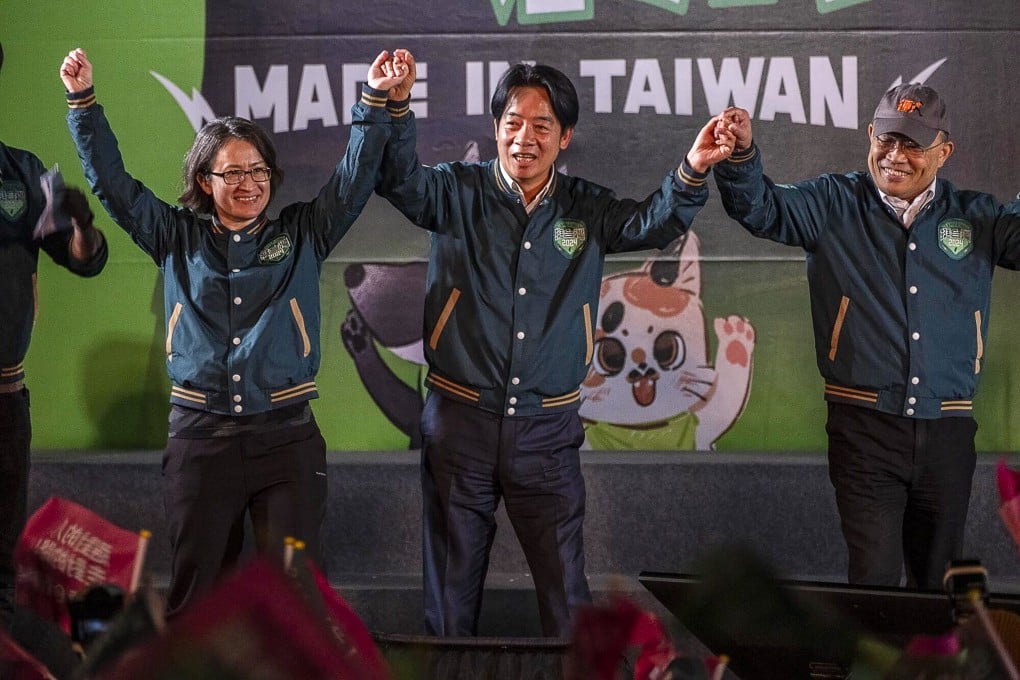Fallout from Taiwan elections risks creating further mistrust in US-China relations, analyst warns
- If Beijing steps up the pressure on Taiwan following a DPP win, it may heighten calls for a tougher US response, a mainland academic warns
- The election was highlighted as one of the main potential triggers of an ‘action-reaction’ cycle that heightened the risk of misjudgments and misunderstandings

Shao Yuqun, director of the Institute for Taiwan, Hong Kong and Macau Studies at the Shanghai Institutes for International Studies, said the presidential and legislative elections this month may be one of the five biggest challenges the two countries face in stabilising relations.
Lai had been leading the two other candidates in opinion polls published before a ban on publishing their findings came into force on Wednesday.
However, Washington may view such a response from that mainland as Beijing “coercing Taiwan’s democratically elected leaders”, prompting demands for the White House to take a tougher line and increased support in Congress for Taiwan.
“China and the United States are thus caught in an ‘action-reaction’ cycle … with the possibility of both sides misinterpreting and misjudging each other’s policy signals,” she said.